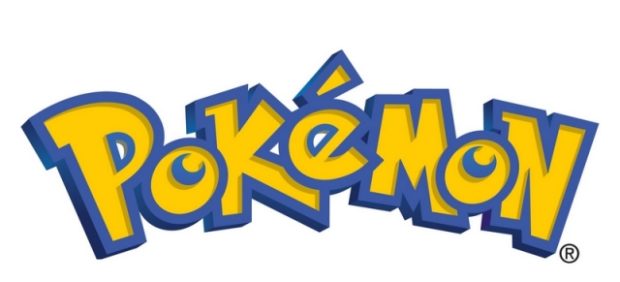
Image: Pokemon
Pokemon—the small, adorable creatures with special fighting abilities—have been around for more than two decades, and they’re as popular as ever, mainly due to families sharing the legacy.
More than 7,500 people from 49 different countries are expected to attend the annual Pokemon World Championships in Washington this weekend. On Friday, as the event kicked off, most of the attendees appeared to be in their twenties or older.
“I’m 24, but I know I look young,” joked Amanda Gunkle, who was decked head-to-toe in the gear of Pikachu, the iconic yellow Pokemon.
She came in from Pittsburg with her twin brother to watch the tournament.
“I’ve been a fan (of Pokemon) since my early childhood,” she said.
It’s clear why Pokemon appeal to younger children. But for many of the older fans, Pokemon simultaneously represent nostalgia and novelty.
The Pokemon franchise launched in Japan in 1996 but didn’t take off in the United States until the early 2000s.
The brand, which is currently estimated to be the highest-grossing media franchise ever, produces video games released in pairs every one to two years, alongside a new batch of Pokemon species.
It also makes trading cards that players use to battle each other, an animated television series and several movies.
“We’re definitely seeing some intergenerational fans,” said Elvin Gee, a spokesman for the Pokemon Company, who was a big fan of Pokemon himself growing up.
“It’s amazing to see parents pass on their cards or pass on their video games to their children,” he said.
‘Something for everyone’
The franchise’s popularity is also due to the recent success of smartphone app Pokemon Go, a game that lets players walking the real world hunt virtual Pokemon, as well as the film “Detective Pikachu,” which opened in May and has made more than $430 million worldwide.
“There’s something for everyone,” Gee said.
New Jersey native John Kim drove down with his family so his two older sons, ages 11 and eight, could compete in the tournament.
“I really like it for (my sons), because… they have to learn to lose gracefully, to win gracefully. They learn rules, they learn to accept outcomes,” the 40-year-old said.
For the Kim family, Pokemon’s legacy moved in the opposite direction: John became interested when his sons started playing.
Now, the whole family plays together, even the youngest boy, who at four years old plays alongside his brothers—albeit with a simpler deck.
“They have to sit with an opponent” and engage with others, Kim said.
That engagement is a staple of the Pokemon community, with many players developing close friendships, despite only seeing each other at the World Championships once a year.
The Championships prize money—which runs up to $25,000 for the card game tournament—is mainly offered in the form of scholarships or travel certificates, particularly for players under 18 years old.
The goal is to encourage education and strong principles among the participants, many of whom are minors.
“It’s about sportsmanship, it’s about great characters, it’s about a great game,” said Gee.
Like the Kims, Yannick Daunais’ interest in Pokemon was sparked when his daughters started playing. The 38-year-old from Joliette, Quebec drove to Washington so his 11-year-old son could compete in the Championships.
“We’re like a huge family,” said his daughter Mya, 14. She and her sister Lidya, 12, were dressed as Pikachu and Eevee, another Pokemon.
“Exactly,” her father agreed. “We’re part of a huge Pokemon family.” NVG
RELATED STORIES:
A parked driver was caught playing Pokemon Go on 8 phones
LOOK: Old Pokémon cards being sold for as high as P346,000 online

